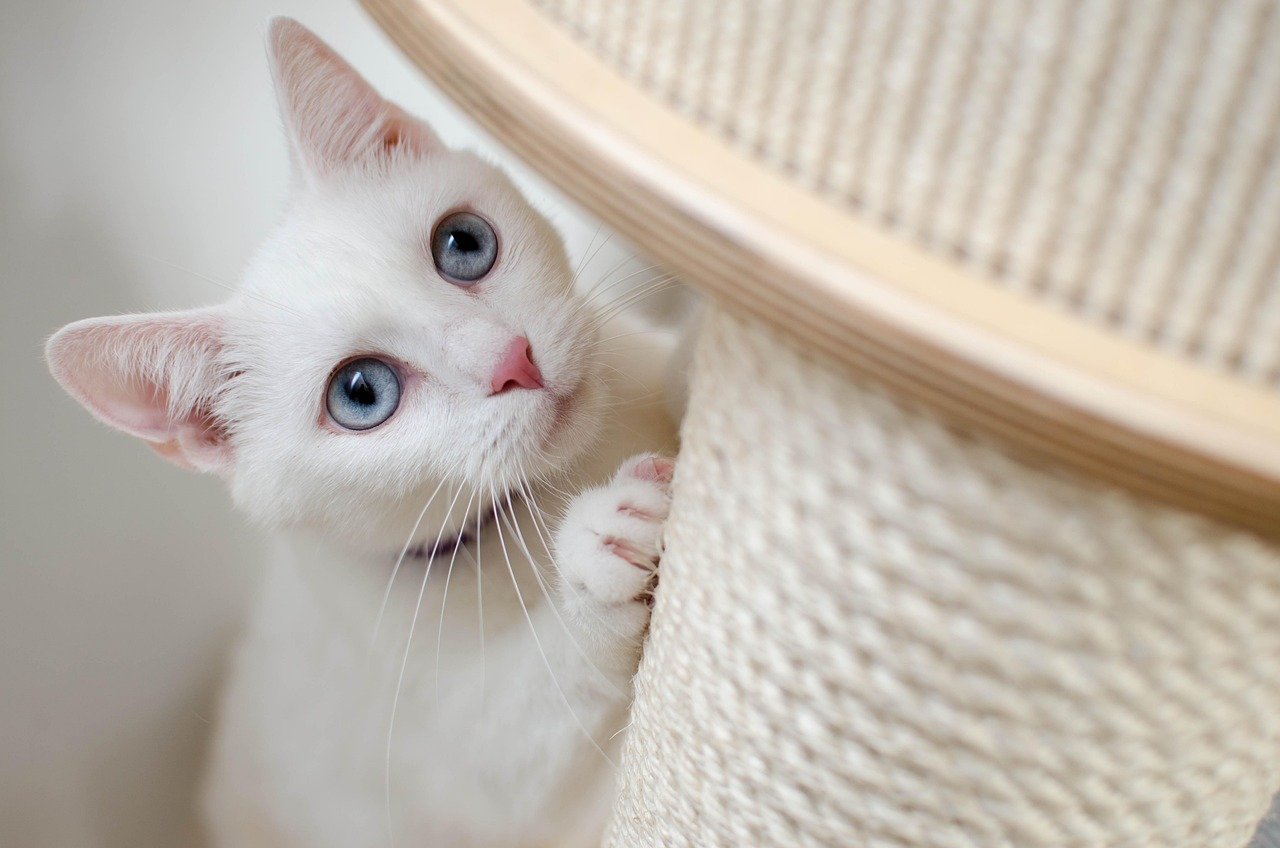Cats are known for their independent nature, but they also form strong bonds with their fellow feline companions. When one of these bonds is broken due to the loss of a companion, it can be a deeply distressing time for the surviving cat. Understanding how to help your cat adjust during this period is crucial for their emotional well-being. In this article, we’ll explore effective strategies to support your cat through this challenging transition.
Recognizing Signs of Grief in Cats
Cats, much like humans, experience grief in their own unique ways. It’s important to recognize these signs to offer the best support possible. You might notice changes in their eating habits, such as reduced appetite or even overeating. Some cats may become more vocal, meowing frequently for their lost friend. Others might display signs of depression, such as hiding more often or showing less interest in play. By understanding these behaviors, you can better empathize with your feline friend and offer the comfort they need.
Maintaining a Routine

During times of change, maintaining a consistent routine can provide stability for your grieving cat. Cats thrive on predictability, and sticking to their regular feeding, play, and grooming schedules can help them feel more secure. This sense of normalcy can act as an anchor amidst the storm of emotions they may be experiencing. It’s similar to how we, as humans, find solace in familiar routines during tumultuous times.
Providing Extra Attention
In the wake of losing a companion, your cat may crave more attention and affection from you. Spend additional time with them, whether it’s through gentle petting sessions, grooming, or simply sitting together. Your presence can be a comforting reminder that they are not alone. Imagine it as being a warm blanket on a cold day, providing comfort and reassurance.
Introducing New Activities
Engaging your cat in new activities can serve as a healthy distraction from their grief. Introduce interactive toys or puzzles that challenge their minds and keep them occupied. Activities that stimulate their senses can help redirect their focus and provide moments of joy. For instance, a feather wand can awaken their hunting instincts, offering both exercise and entertainment.
Considering a New Companion
While it’s not an immediate solution, introducing a new feline companion can sometimes help fill the void left by the departed cat. However, this decision should be made with careful consideration of your cat’s temperament and readiness. A gradual introduction process, allowing them to become acquainted at their own pace, can foster a positive relationship. Patience is key, as rushing the process may lead to additional stress.
Creating a Safe Space
Ensure that your cat has a safe and comforting space to retreat to whenever they need time alone. This can be a cozy bed in a quiet corner or a perch by the window where they can watch the world go by. Such a space acts as a sanctuary, allowing them to process their emotions in peace. It’s akin to having a personal refuge, where they can momentarily escape the world around them.
Seeking Professional Guidance
If your cat’s grief seems prolonged or severe, seeking advice from a veterinarian or a pet behaviorist can be beneficial. These professionals can provide insights into your cat’s behavior and suggest strategies tailored to their specific needs. Sometimes, just like us, cats may require a bit of expert guidance to navigate their emotional landscape.
Allowing Time for Healing

Ultimately, time is a crucial factor in the healing process. Each cat grieves differently, and it’s important to be patient and understanding. Allow your cat to grieve at their own pace, providing support and comfort along the way. As time passes, you’ll likely see signs of your cat returning to their usual self, ready to embrace new experiences and friendships.
In conclusion, helping your cat adjust after losing a companion requires patience, understanding, and compassion. By recognizing their grief, maintaining a routine, offering extra attention, and considering new activities or companions, you can support your feline friend through this challenging time. Remember, healing takes time, and your love and care play a pivotal role in their journey towards emotional recovery.

Growing up traveling and experiencing new cultures and wonders, I have had a passion for nature, adventuring, photography, and videography. I am currently working towards a BSc in Biodiversity and Ecology at Stellenbosch University, and I hope to specialise in Marine Sciences one day.
Please send any feedback to Feedback@animalsaroundtheglobe.com






